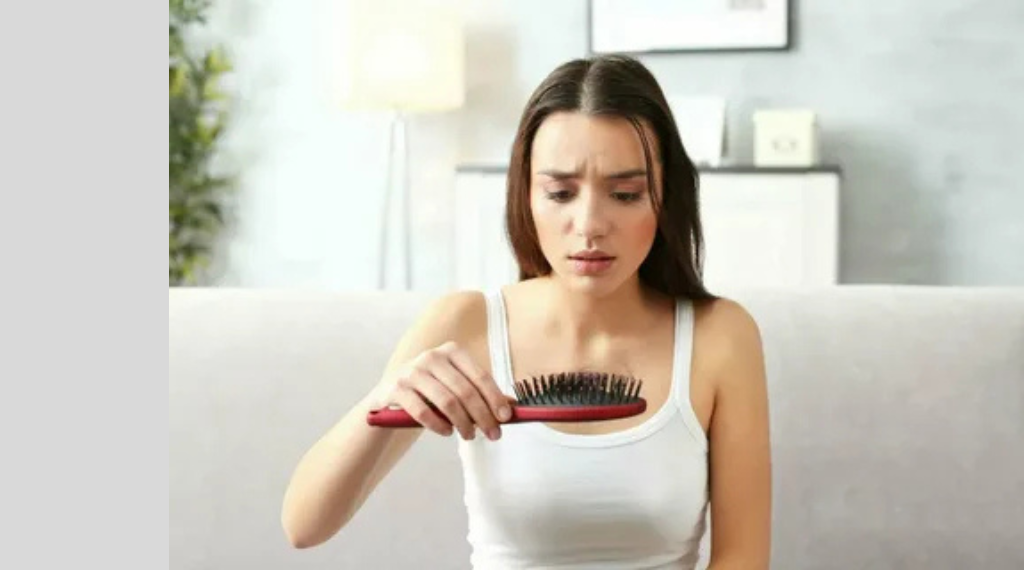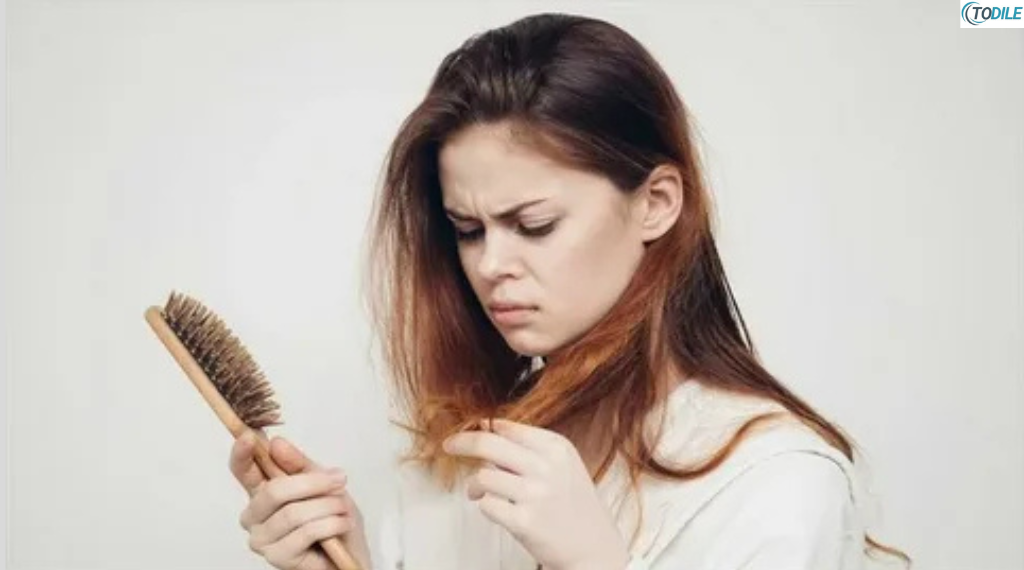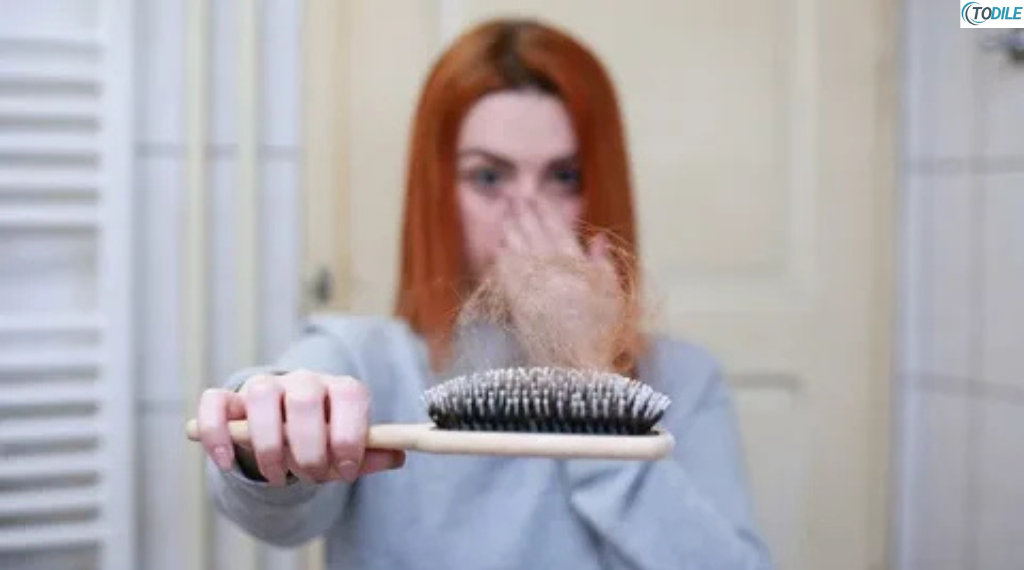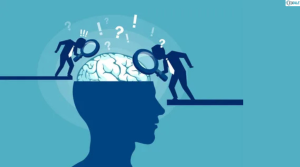Hair loss is a common issue that affects people of all ages and genders. Understanding the factors that contribute to hair loss can help in taking preventive measures. Here are seven common causes:

- Genetics
Hereditary hair loss, also known as androgenetic alopecia, is the most common cause. If hair loss runs in your family, you are more likely to experience it. - Hormonal Changes
Hormonal imbalances due to pregnancy, menopause, thyroid issues, or certain medical conditions can trigger hair loss. - Stress
Physical or emotional stress can lead to temporary hair shedding, a condition known as telogen effluvium. - Poor Diet
A lack of essential nutrients such as iron, protein, and vitamins (especially Vitamin D and Biotin) can weaken hair and cause it to fall out. - Medical Conditions and Medications
Diseases like alopecia areata, scalp infections, and side effects of medications such as chemotherapy drugs can cause significant hair loss. - Hair Care Practices
Frequent use of heat styling tools, harsh chemical treatments, and tight hairstyles can damage hair and lead to breakage and hair loss. - Aging
As people age, hair growth slows, and hair follicles may stop producing new strands altogether, leading to thinning hair.

Addressing these factors with proper care, a balanced diet, stress management, and medical consultation can help reduce hair loss and promote healthy hair growth.




